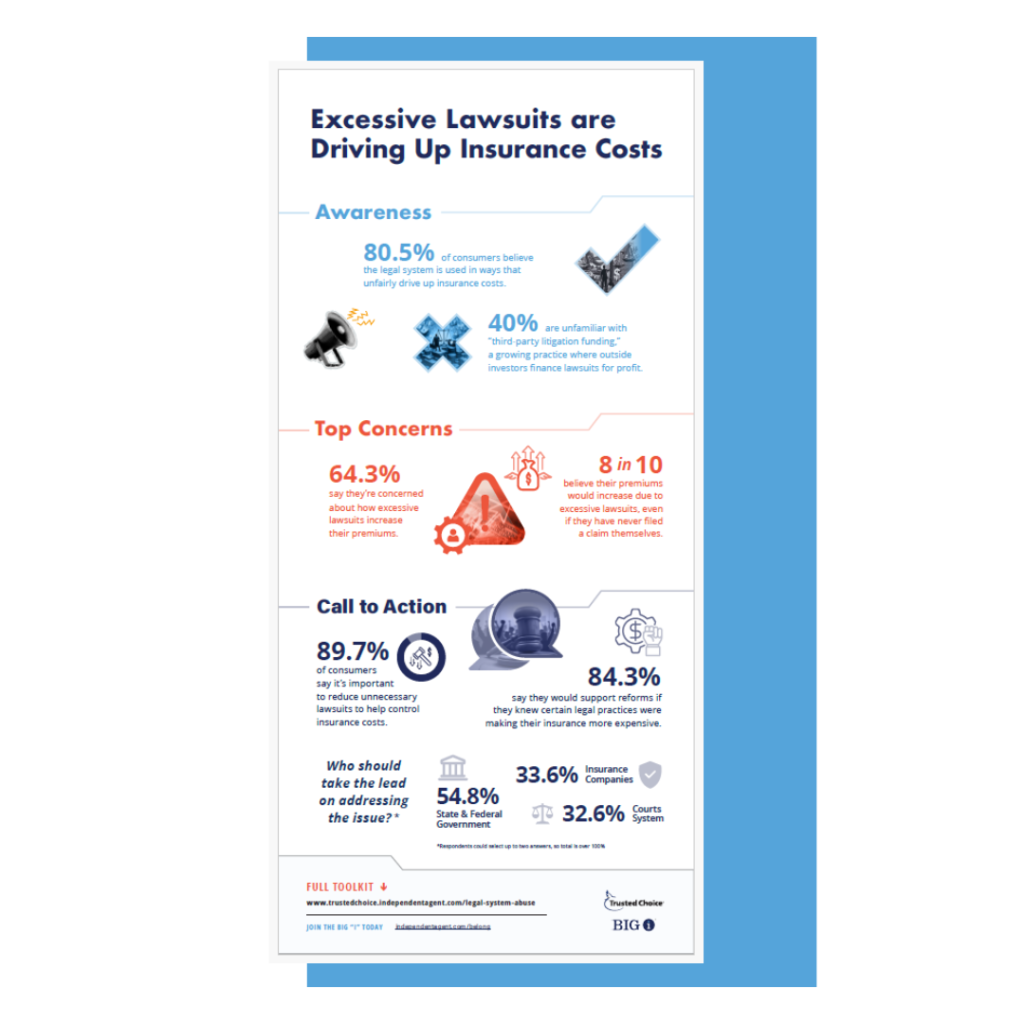Assessing the Value of Compensation and Benefit Programs
It’s no secret that employees’ attitudes about their jobs and benefits can range from high praise to dissatisfaction. What’s less understood and harder to find out is exactly what matters to employees and how effective various types of compensation, benefits and personnel policies are in stimulating employee productivity and retention. Unless you discover what really matters to employees, you’ll never know if your compensation and benefit programs are working for your agency.
Author: Suzy Hammett It’s no secret that employees’ attitudes about their jobs and benefits can range from high praise to dissatisfaction. What’s less understood and harder to find out is exactly what matters to employees and how effective various types of compensation, benefits and personnel policies are in stimulating employee productivity and retention. Unless you discover what really matters to employees, you’ll never know if your compensation and benefit programs are working for your agency. It’s no secret that employees’ attitudes about their jobs and benefits can range from high praise to dissatisfaction. What’s less understood and harder to find out is exactly what matters to employees and how effective various types of compensation, benefits and personnel policies are in stimulating employee productivity and retention. Do any of your employees, for example, ask about Long Term Care Insurance or Employee Assistance Programs? If so, this may be an indication of the changing demographics of your employees and need to reevaluate which benefits are essential and play a role in recruitment or retention. A growing number of agencies are taking a harder look at total compensation, including healthcare and retirement benefits. Lower revenues from a softened market and increased costs of benefits continue to be challenging for agency owners, especially healthcare. The general response has been to shift more of the benefits costs to employees and to implement compensation programs that reward best performers and focus managers and staff on agency growth and retention according to Business Management Group’s 2005 Non-Producer Compensation and Benefits Survey. Survey findings indicate the price of health benefits is taking a toll on other benefits, salaries, training, hiring and technology investments, forcing some firms to spend less for employee training and development and investments in technology. Educational subsidy programs were offered by 79% of the agencies in BMG’s 2003 survey compared to 68% of the agencies in this year’s survey. What do employees want? Health care coverage is a major factor in attracting and retaining employees. SHRM’s 2004 Job and Benefits Satisfaction Survey showed that employees consider health care coverage the most important benefit in determining their level of satisfaction with their employer. What is somewhat surprising is the second most important benefit was paid time off and not 401(k) or other retirement savings assistance, which came in third. Part of this is probably due to changing workplace demographics. Generations X and Y, who are now beginning to represent a larger potion of the workforce, have consistently shown they want more autonomy over their own time. Agencies and brokerage firms are offering more flexible benefits and work schedules to meet the employees’ needs. Designated leave benefits, such as paid sick, personal and vacation days are being replaced with a bank of Paid Time Off Plans (PTOs). Under a PTO plan, all leave is combined into one general pool and the employee decides how it will be used. The percentage of agencies offering flexible work hours has also grown steadily since 1999, from 39% to 53% in 2005. The survey also found that employees are being asked to shoulder more of their own healthcare costs. Today, 74 percent of agencies require employees to contribute to their healthcare premium, up from 61 percent four years ago. Employee share of their own healthcare coverage is down slightly, averaging 11 percent for personal coverage, but it has risen to 58 percent of the actual cost for employees who want the insurance to cover their families. Most agencies (95%) offer medical insurance, which is necessary to attract and retain high-performing staff. Sixty-two percent offer dental coverage, and 81% offer life insurance. Fifty-two percent of agencies offer short-term disability and 65% offer long-term disability. The percent of agencies offering all of these benefits goes up sharply as the size of the agency increases. Nine percent of the agencies offer long-term care insurance while 25% offer Employee Assistance Programs (EAPs), compared to 7% and 20% respectively in the prior survey. More firms are offering these benefits to help manage absenteeism and provide employees with resources to balance family, elder care and career. The most commonly used retirement method is the 401(k) plan with agency matching contributions. Seventy-six percent of agencies report offering a 401(k). The average matching contribution was 4% of salary. Profit sharing and retirement plans were less commonly used, with 31% of the agencies offering profit sharing and 23% offering retirement plans. Employee Stock Ownership Programs (ESOPs) are the least commonly used, with only 6% of agencies offering them. The trend in compensation continues to shift back to the basics of performance and reward. Agencies are linking their business strategies to performance-based rewards designed to help employees concentrate on agency goals and objectives, while trying to eliminate entitlement issues that often arise with bonus/incentives and merit pay plans. Suzy Hammett, SPHR is Vice President with Business Management Group. She provides assistance to agents and brokers in the areas of compensation and incentive plan design, employee and customer satisfaction surveys, sales management and operational analysis. She can be contacted by phone at (770) 436-7711, or by e-mail at shammett@bmgconsulting.com. You may also visit www.bmgconsulting.com to learn more about the survey. Copyright 2005 by Business Management Group, Inc. Used with permission. |









